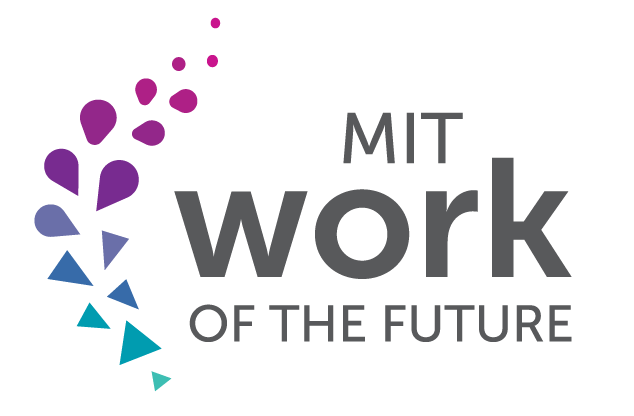We study
automation at work
innovation
AI adoption
emerging technology
productivity
Automation from the Worker’s Perspective
Common narratives about automation often pit new technologies against workers. The introduction of advanced machine tools, industrial robots, and AI have all been met with concern that technological progress will mean fewer jobs. However, workers themselves offer a more optimistic, nuanced perspective. Drawing on a far-reaching 2024 survey of more than 9,000 workers across nine […]
View PublicationRadical Technological Innovations and How to Promote Them
New technologies that exhibit large (>10x) jumps in performance limits compared to incumbent technologies are radical technological innovations. This paper considers three cases that exhibit such jumps: the evolution of engines from the early 18th to the late 20th century (with the transition from coal-based steam engines to hydrocarbon-based internal combustion engines); the evolution of […]
View PublicationBillion Dollar Factories: Foreign Direct Investment and U.S. Manufacturing Competitiveness
The 2021-2023 period marked a boom in U.S. manufacturing investment. In these three years alone, manufacturing construction grew by 174%, and more than 50 new factory investments over $1 billion were announced. Public reporting has attributed recent growth to federal subsidies for new investments in computer chip and electric vehicle manufacturing, as well as to […]
View PDFOur Areas of Research
With a focus on innovation, productivity and competitiveness, the MIT Industrial Performance Center brings together researchers in engineering, science, management and the social sciences at MIT and beyond to carry out applied research in the following areas.

Work of the Future
The MIT Work of the Future initiative explores the relationship between technology, work and society. It envisions an economy where dramatic advances in automation and computation go hand in hand with improved opportunities and economic security for workers.

Manufacturing
Manufacturing research at the IPC examines technology adoption, workforce development, and productivity at U.S. factories. With teams of engineers and social scientists, the IPC has a long legacy of industry studies research in manufacturing dating back to the Made in America study published in 1989.

Progress Studies
How can science make faster progress toward addressing big, broadly desirable goals like abundant affordable clean energy and curing dementia? We advance research and intellectual exchange around the emerging field of Progress Studies, focused on new models for harnessing scientific inquiry to improve humanity.

